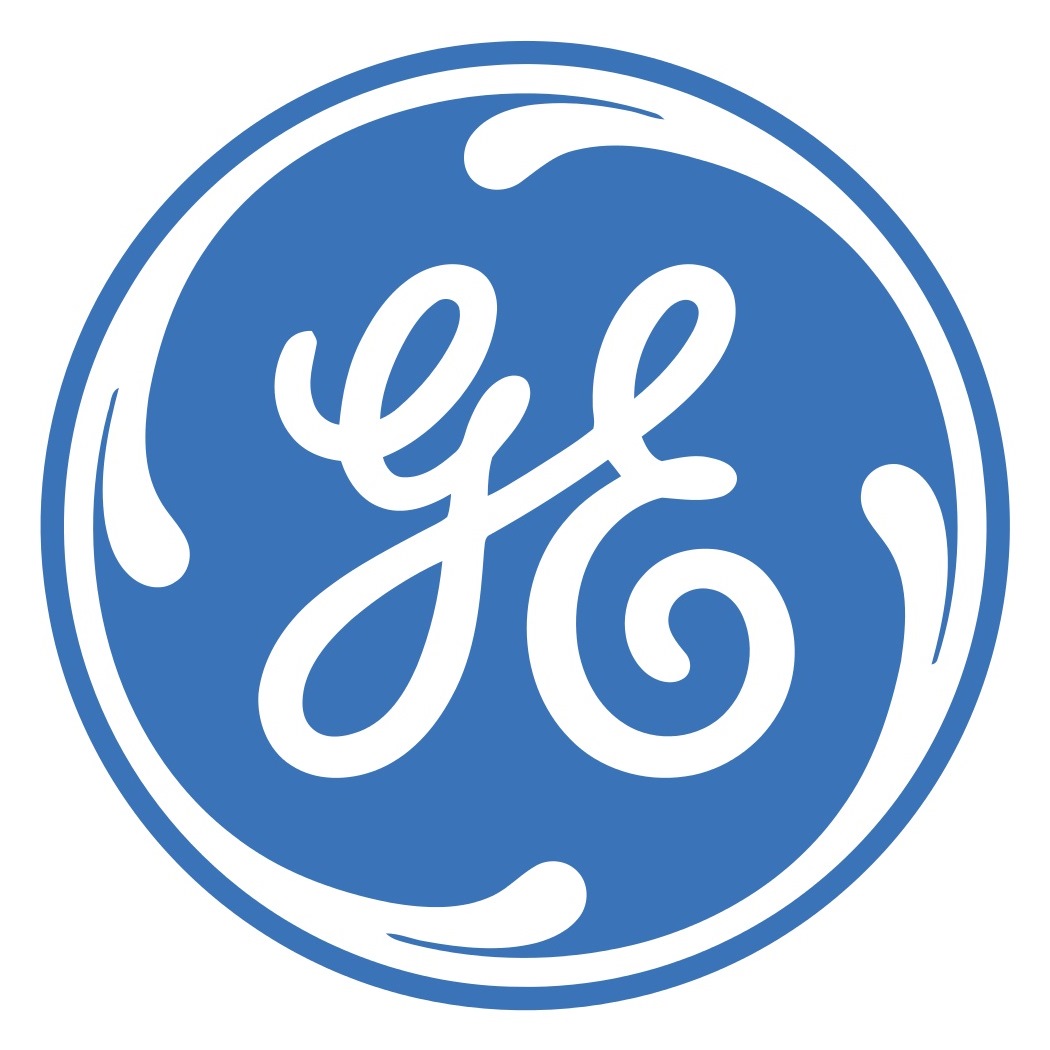Industrials
General Electric Earnings Awful Again, CEO Promises More Cost Cutting

Published:
Last Updated:

General Electric Co. (NYSE: GE) reported fourth-quarter and full-year 2017 results before markets opened Wednesday. For the quarter, the conglomerate reported an adjusted net loss per share of $1.23 on revenues of $31.4 billion. In the same period a year ago, GE reported earnings per share (EPS) of $0.39 on revenues of $33.09 billion. Fourth-quarter results also compare to the consensus estimates for EPS of $0.29 on revenues of $34.06 billion. The totals are based on GE’s industrial operating and verticals results, the company’s and analysts’ preferred measure of GE’s performance.
For the full year, GE reported an adjusted net loss of $0.45 per share on revenues of $122.09 billion, compared with EPS of $1.49 and revenues of $123.69 billion. Consensus estimates called for EPS of $1.06 and revenues of $124.92 billion.
In the fourth quarter, GE booked a non-GAAP industrial operating and verticals loss of $10.65 billion, compared with a $4.08 billion profit in the same period a year ago. For the full year, the non-GAAP loss totaled $3.87 billion, compared with a profit of $13.61 billion in 2016.
Non-GAAP industrial operating and verticals posted a net loss of $1.23 per share in the fourth quarter, including the following items: $0.15 per share related to items held for sale, $0.23 per share in impairment charges, $0.71 per share related to the run-off of GE Capital’s insurance portfolio and $0.40 per share related to changes in U.S. tax law. Excluding these charges, industrial operating and verticals earnings fell 43%, from $4.08 billion in the fourth quarter of 2016 to $2.33 billion, and adjusted EPS fell 41%, from $0.46 to $0.27.
CEO John Flannery said:
In the fourth quarter, EPS was at the low-end of guidance, excluding insurance-related items, U.S. tax reform, and industrial portfolio actions. Cash performance was above expectations and our visibility and execution on cash is improving. Aviation and Healthcare had strong performances in the quarter. Power was down significantly and we expect market challenges to continue. Our results this quarter demonstrate some of the early progress we are seeing from our key initiatives. The team is focused on operational execution, capital allocation and deep cost reduction to position us for continued improvement in 2018.
GE also noted that its backlog during the quarter rose 6% year over year to $341.3 billion. Combined with more cost cutting, that appears to be encouraging investors to push the shares higher Wednesday morning.
GE forecast 2017 adjusted EPS in the range of $1.00 to $1.07 and free cash flow in the industrials segment of $6 billion to $7 billion. Analysts have forecast first-quarter 2018 EPS of $0.18 on revenues of $29.07 billion. For the 2018 fiscal year, the current consensus calls for EPS of $1.00 on revenues of $125.84 billion.
Shares traded up about 2.2% in Wednesday’s premarket session, at $17.25 in a 52-week range of $15.80to $30.59. The stock closed up about 4.5% on Tuesday at $16.89. The 12-month consensus price target was $20.85 before results were announced.
After two decades of reviewing financial products I haven’t seen anything like this. Credit card companies are at war, handing out free rewards and benefits to win the best customers.
A good cash back card can be worth thousands of dollars a year in free money, not to mention other perks like travel, insurance, and access to fancy lounges.
Our top pick today pays up to 5% cash back, a $200 bonus on top, and $0 annual fee. Click here to apply before they stop offering rewards this generous.
Flywheel Publishing has partnered with CardRatings for our coverage of credit card products. Flywheel Publishing and CardRatings may receive a commission from card issuers.
Thank you for reading! Have some feedback for us?
Contact the 24/7 Wall St. editorial team.